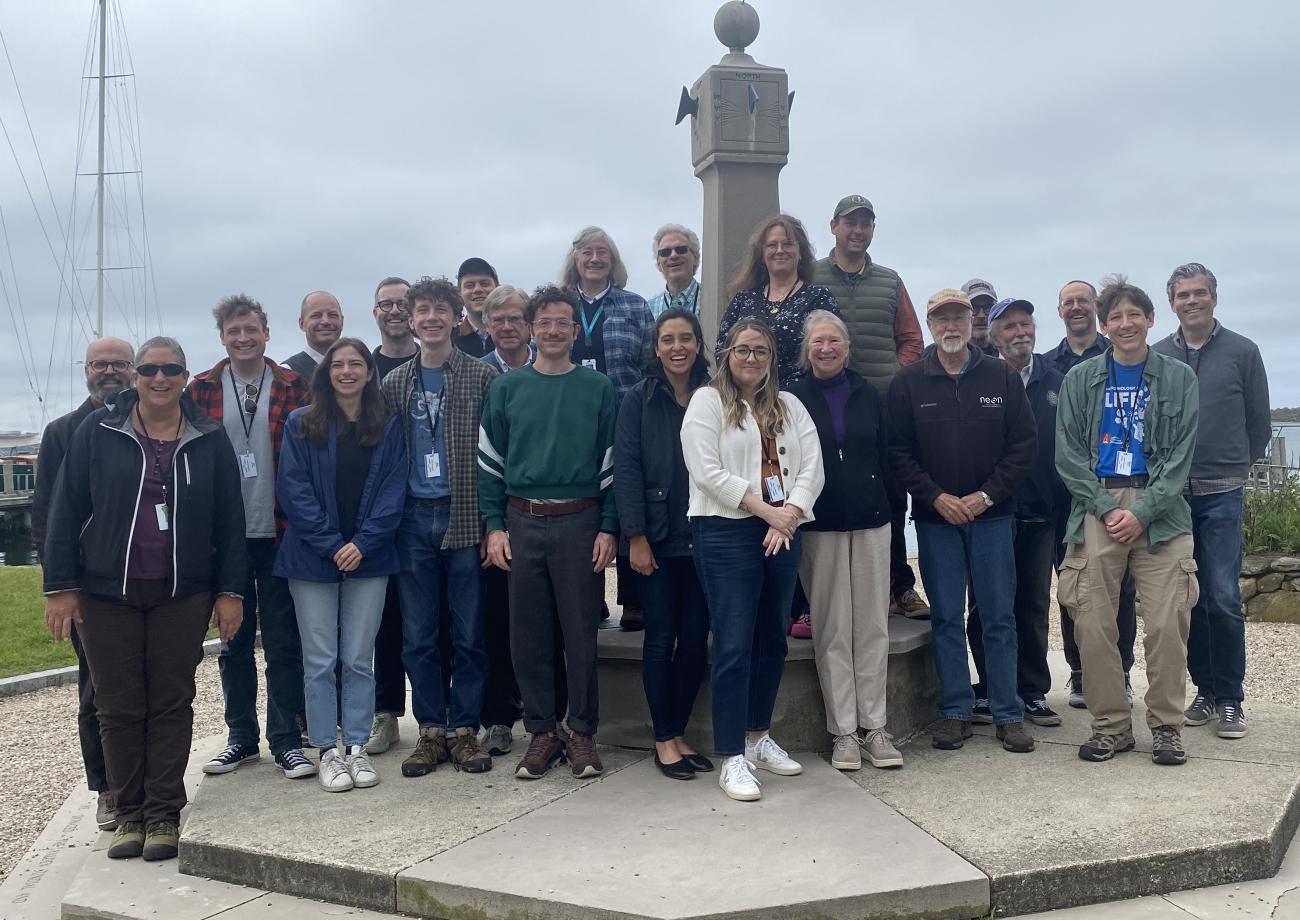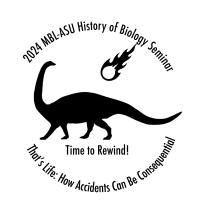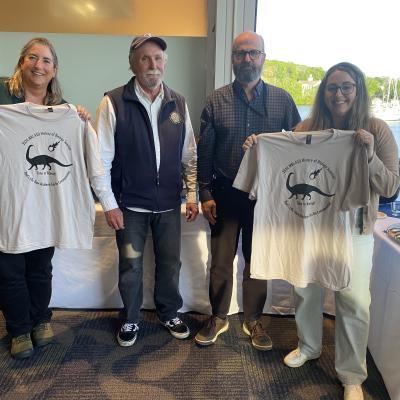History of Biology Seminars
2024 Seminar: That’s Life: How Accidents Can Be Consequential

Please note the 2024 seminar is a continuation of work and research from 2023. Attendance will be by invitation only.
Seminar Timeline: May 16th – 21st, 2024
Note Location Change: Bay Reading Room, 2nd Floor Lillie Library, Marine Biological Laboratory
About
To what extent is the living world shaped by accidental/chance events of the past? Current interest in this question is reflected not only in the recent scientific literature, but also in popular, book-length treatments including Sean Carroll’s A Series of Fortunate Events: Chance and the Making of the Planet, Life, and You (2020), Jonathan Losos’s Improbable Destinies: Fate, Chance, and the Future of Evolution (2017), Alan de Queiroz’s The Monkey's Voyage: How Improbable Journeys Shaped the History of Life (2014), and more.
In the 2023 MBL-ASU Seminar, we explored a variety of related issues, from various perspectives, concerning the significance of chance events in the distant and recent history of life. A number of questions rose in prominence during the week. These will serve as foci of the 2024 Seminar. The group will engage in discussion organized around draft essays that address the following questions and suggestions:
How – under what circumstances – can accidental/chance events have lasting or long- term, rather than merely ephemeral, consequences?
Issues concerning the long-term consequences of chance events often make reference to “historical contingency.” What is meant by “historical contingency” – for example, what exactly (if anything) more than just “chance?”
How have attitudes toward the long-term significance of chance events changed over time? What might account for the recent, heightened interest?
These issues seem to figure more prominently in certain disciplines like micro- and macro-evolutionary biology, community ecology, and biogeography. Why these and not other areas of the life sciences?
What parallels between evolutionary, ecological, and biogeographical processes might account for the greater significance of chance/accidental events in these disciplines? What interactions among evolutionary, ecological, and biogeographical processes might account for this?
Is the designation and classification “historical sciences” helpful in connection with why certain disciplines and not others place heavy emphasis on historical contingency?
In what respects has historical contingency been regarded as negative or troubling in connection with the aims of science, especially the generalizing and predictive aims?
And in what respects has historical contingency been regarded as troubling when it comes to our understanding of ourselves, our values, our hopes and fears more generally – that is, if who we are, and our very existence, is to some, possibly large degree a matter of happenstance?
On the other hand, in what respects has historical contingency been regarded more positively with regard to the aims of science, e.g., as explaining what was inexplicable, including otherwise inexplicable variability, better so than more deterministic conceptions of life? And in what respects might historical contingency be viewed more positively, maybe even liberating, with regard to our values more generally?

James Collins, Arizona State University
Jane Maienschein, Arizona State University/MBL
Karl Matlin, University of Chicago/MBL
Organizer: Alison McConwell, University of Massachusetts Lowell
Co-Organizer: Michael Dietrich, University of Pittsburgh
Co-Organizer: Roberta Millstein, University of California, Davis


